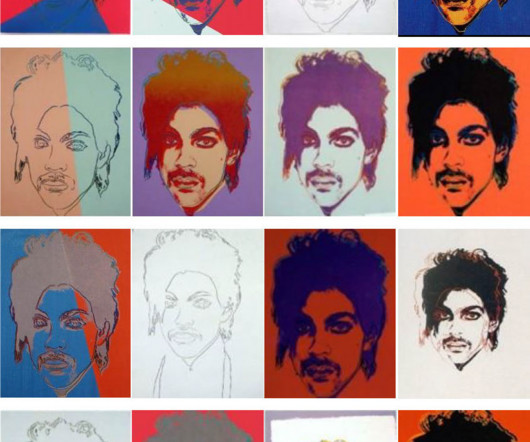Role of Intellectual Property in Entertainment Industry
IIPRD
FEBRUARY 6, 2024
Introduction The media and entertainment industry is a broad and ever-evolving domain that includes several industries, including music, cinema, television, fashion, and more. In this sector, intellectual property (IP) regulations are essential for defending the rights of inventors, artists, and producers.












Let's personalize your content